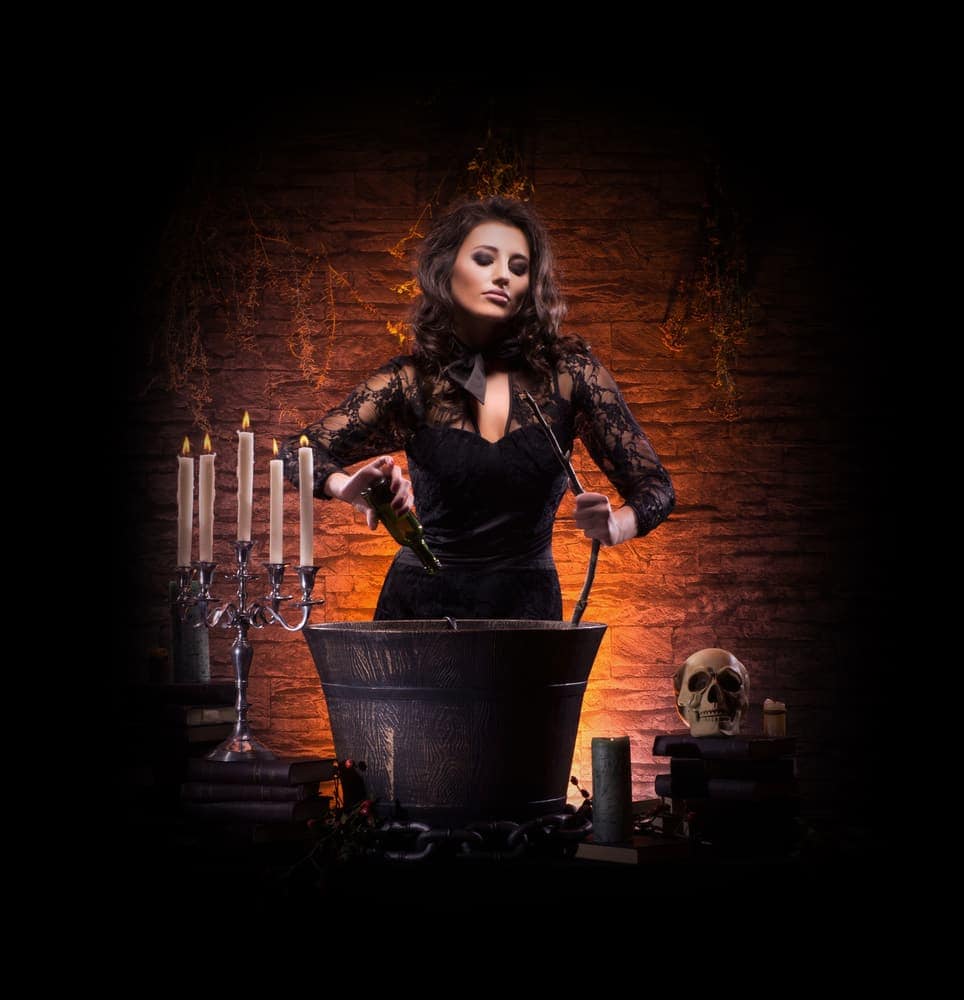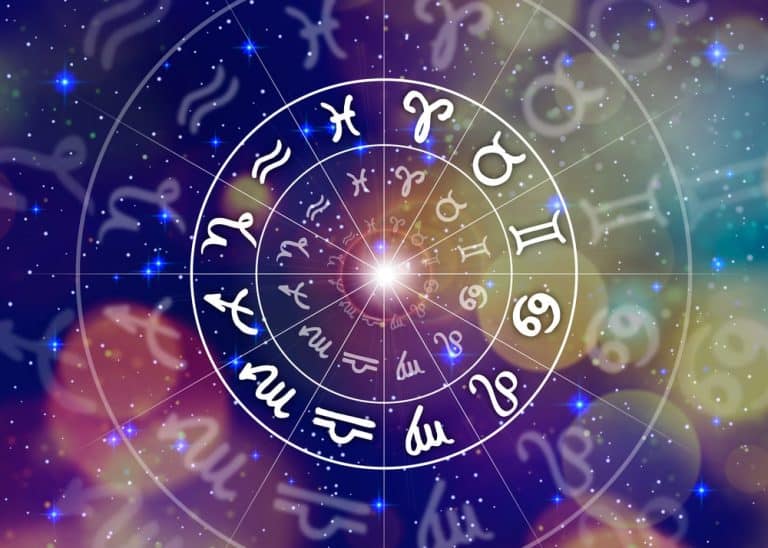Is Witchcraft a Sin in Christianity?
Witchcraft has been a topic of debate in Christianity for centuries. While some believe it is a sin, others argue that it is a harmless practice. The question of whether witches should be punished for their craft is also a controversial issue.
From a biblical perspective, witchcraft is considered a sin. The Bible condemns it and warns against participating in such practices. However, the interpretation of these scriptures varies among different Christian denominations.
Despite the biblical warnings, the punishment for witchcraft in the Bible is not always clear. While some passages suggest severe consequences, others are more ambiguous.
Moreover, the question of how these punishments apply to modern times remains a matter of interpretation.
- Witchcraft is considered a sin in Christianity, but its interpretation varies among different denominations.
- The punishment for witchcraft in the Bible is not always clear and subject to interpretation.
- The application of these punishments to modern times is a controversial issue.
Biblical Perspective on Witchcraft
The Bible provides a clear perspective on witchcraft, which is considered a sin in Christianity. The Old Testament specifically condemns witchcraft and sorcery as an abomination and punishable by death (Leviticus 19:31).
“Regard not them that have familiar spirits, neither seek after wizards, to be defiled by them: I am the Lord your God.”
In the New Testament, witchcraft is listed alongside other sins such as idolatry, murder, and sexual immorality (Revelation 21:8).
“But the fearful, and unbelieving, and the abominable, and murderers, and whoremongers, and sorcerers, and idolaters, and all liars, shall have their part in the lake which burneth with fire and brimstone: which is the second death.“
The Bible teaches that there is only one true God, and all power comes from Him. Witches who claim to have supernatural powers are therefore seen as attempting to gain power outside of God’s authority, which is considered a sin.
The Bible teaches that worshiping anything other than God is idolatry, which is a sin. Therefore, any form of worship or practice that involves invoking supernatural powers outside of God is considered a sin.
In the book of Exodus, Pharaoh’s magicians were able to perform miracles similar to those of Moses through witchcraft. However, the Bible teaches that their power came from Satan and not from God.
In Acts, a sorcerer named Simon tried to buy the power of the Holy Spirit, but he was rebuked by Peter for trying to use witchcraft to gain power.
The Bible teaches that Christians should put on the armor of God to protect themselves from the devil’s schemes (Ephesians 6:11-18).
This includes the belt of truth, the breastplate of righteousness, the shoes of the gospel of peace, the shield of faith, the helmet of salvation, and the sword of the Spirit, which is the word of God.
Witchcraft as a Sin
Witchcraft, sorcery, divination, mediumship, spiritism, and necromancy are all practices that are considered sinful in Christianity.
These practices involve attempting to manipulate or communicate with supernatural entities, often with the intention of gaining power or knowledge.
In the Bible, there are several instances where witchcraft is condemned. For example, in 1 Samuel 15:23, King Saul is rebuked by Samuel for disobeying God’s commands and practicing witchcraft.
“For rebellion is as the sin of witchcraft, and stubbornness is as iniquity and idolatry.”
Similarly, in Deuteronomy 18:10-12, God warns against practicing divination, sorcery, or witchcraft.
“There shall not be found among you anyone who… practices witchcraft, or a soothsayer, or one who interprets omens, or a sorcerer, or one who conjures spells, or a medium, or a spiritist, or one who calls up the dead.”
The use of Ouija boards, tarot cards, and other forms of divination or magic are also considered sinful in Christianity.
These practices are seen as attempts to gain knowledge or power from sources other than God, and are therefore considered to be in direct opposition to God’s will.
Punishment for Witchcraft in the Bible
The Bible has several references to witchcraft, and it is clear that the practice was not tolerated in ancient times. In fact, the punishment for witchcraft in the Bible was severe, and it was often considered a capital offense.
One of the most well-known references to the punishment for witchcraft can be found in Exodus 22:18.
“Thou shalt not suffer a witch to live.”
This verse has been interpreted to mean that witches should be put to death.
“A man also or woman that hath a familiar spirit, or that is a wizard, shall surely be put to death: they shall stone them with stones: their blood shall be upon them.”
This verse is also clear in its message that those who practice witchcraft should be punished with death.
In the New Testament, the book of Acts also mentions witchcraft.
“Many of them also which used curious arts brought their books together, and burned them before all men: and they counted the price of them, and found it fifty thousand pieces of silver.”
This verse suggests that those who practiced witchcraft were willing to abandon their ways and destroy their materials.
Overall, it is clear that the punishment for witchcraft in the Bible was severe, and it was often considered a capital offense.
While modern society may not have the same views on witchcraft, it is important to understand the historical context of the practice and its consequences.
Christianity and Other Beliefs
Christianity is not the only religion that has beliefs about witchcraft. Wicca, a modern pagan religion, for example, views witchcraft as a positive force that can be used for healing and spiritual growth.
Wiccans do not believe in the Christian concept of sin, and therefore, do not see witchcraft as a sin.
Satanism, on the other hand, is often associated with witchcraft, but it is important to note that not all Satanists practice witchcraft. Moreover, Satanists do not worship Satan as a deity, but rather see him as a symbol of rebellion against oppressive authority.
Neopaganism, a broader term that encompasses various modern pagan religions, including Wicca, also has different views on witchcraft.
Some neopagans view witchcraft as a natural and positive part of their religion, while others do not practice witchcraft at all.
It is important to note that not all Christians view witchcraft as a sin. Some Christian witches believe that they can practice witchcraft while still following the teachings of Jesus. However, this view is not widely accepted in mainstream Christianity.
Witchcraft in Modern Times
In modern times, witchcraft has become a popular practice among many individuals. While some people view it as a harmless form of self-expression, others see it as a sin and a form of rebellion against God.
Fortune-telling and horoscopes are often associated with witchcraft and are widely available in books and online.
Many people turn to these practices for guidance and insight into their future. However, Christians believe that these practices are supernatural and go against the teachings of the Bible.
Despite the opposition from the Christian community, witchcraft has its own community and purpose. Many practitioners of witchcraft believe in Greek mythology and incorporate it into their practice. Others see it as a form of ministry and holy spirituality.
The Bible warns against practicing witchcraft and following detestable ways. It also speaks of miracles performed by God and the consequences of following pagan practices.
In the New Testament, Mary is referred to as the mother of Jesus, and the enemy is referred to as the devil.
Throughout history, practitioners of witchcraft have faced persecution, including during the time of the Apostle Paul. King Saul also faced consequences for consulting with a medium, which is seen as a form of witchcraft.
While some Christians may oppose witchcraft, others believe that it is possible to incorporate elements of folk magic into their practice while still remaining faithful to God.
Ultimately, it is up to each individual to decide whether or not to conform to the teachings of the Bible regarding witchcraft.
Sin of Witchcraft From The Bible
Witchcraft has been a controversial topic in Christianity for centuries. The Bible has several passages that condemn witchcraft and consider it a sin.
Here are some of the most significant references:
“Do not allow a sorceress to live.”
This verse is often cited as evidence that witches should be punished.
“Do not turn to mediums or seek out spiritists, for you will be defiled by them. I am the Lord your God.”
This verse warns against seeking out witches or other practitioners of the occult.
“Let no one be found among you who sacrifices their son or daughter in the fire, who practices divination or sorcery, interprets omens, engages in witchcraft, or casts spells, or who is a medium or spiritist or who consults the dead. Anyone who does these things is detestable to the Lord.”
This passage lists several practices related to witchcraft and condemns them as detestable to God.
“The acts of the flesh are obvious: sexual immorality, impurity and debauchery; idolatry and witchcraft; hatred, discord, jealousy, fits of rage, selfish ambition, dissensions, factions and envy; drunkenness, orgies, and the like. I warn you, as I did before, that those who live like this will not inherit the kingdom of God.”
This passage includes witchcraft among a list of sinful behaviors that will prevent someone from inheriting the kingdom of God.
Overall, the Bible clearly condemns witchcraft as a sin. However, it is important to note that modern-day witchcraft practices may differ significantly from those mentioned in the Bible. It is up to individual Christians to interpret these passages and determine how they apply to their beliefs and practices.







